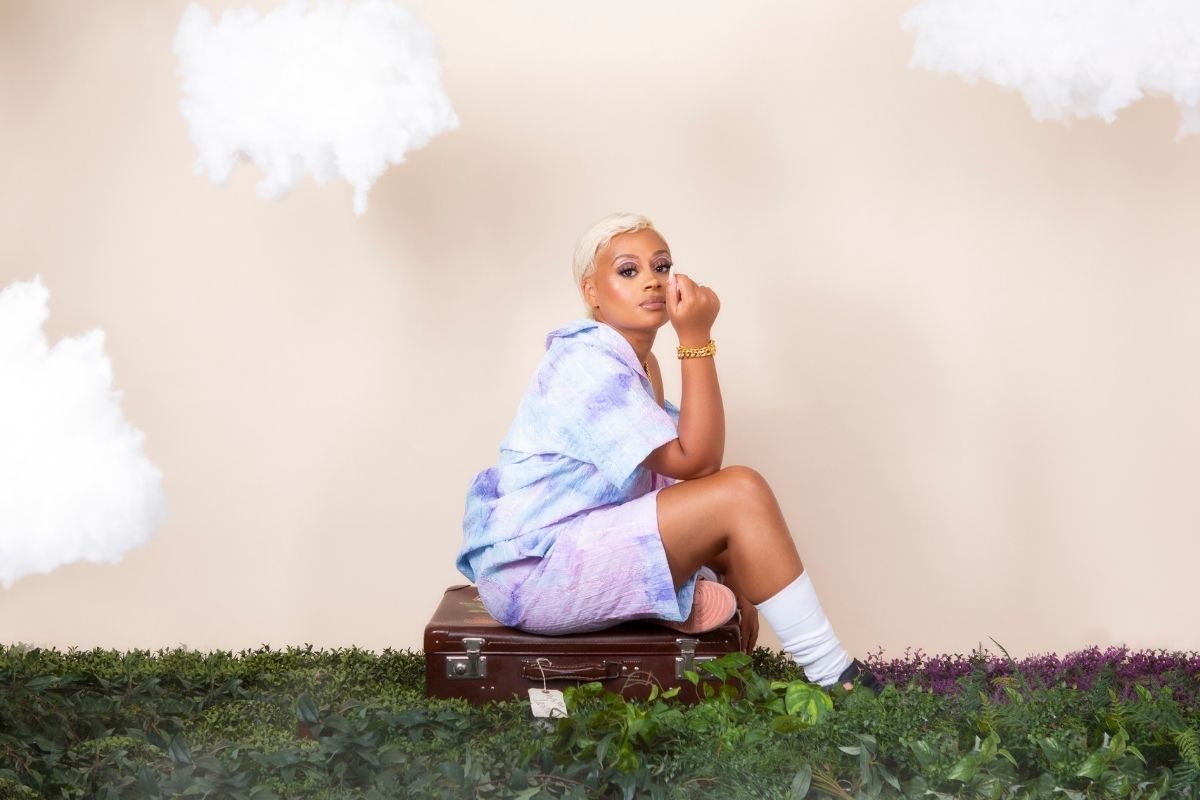The music industry, like many other creative spaces presents many challenges for women.
Growing up in Nigeria enabled my development of a deeper understanding on the Black struggles that people of colour face in various facets of their lives. Notably, these challenges were realized alongside the gender challenges I would face when entering the industry. This would prove a tedious task for my determined team of strong Black women who had purposed ourselves to achieving our goals despite whatever challenges we would face.
As a woman of colour in the industry, it was undeniable that I rarely saw people like me – a woman, mixed race, R&B singer; in the rooms where discussions and decisions were made about my career. These labels were often headed by men, who could be unaware to some of the challenges I would and was facing as an upcoming R&B singer. Though some would argue that being mixed race would have its perks, I found myself in a place of confusion, never being able to completely be accepted by either side.
 Rebecca Garton: "Supporting each other, that is the greatest gift you can give to another woman".
Rebecca Garton: "Supporting each other, that is the greatest gift you can give to another woman".
Having a female Black manager, I have seen the constant struggle and battles she has had to go through to be heard or viewed as an equal in a room. Of course, these are conversations that are slowly being had out loud, but there are still so many hurdles yet to overcome.
Another battle we are constantly facing as R&B singers is that “Slow jams and love songs” are not generating similar or as much revenue as other genres like rap/drill music. A genre that often promotes exploitation of Black men by endorsing lifestyles that are criticised by society.
This baffles me as an artist, making career decisions a very strenuous task. The constant question I ask myself, do I do what is expected of me or stay true to myself and my identity. I am sure so many women in the industry, regardless of race, colour and positions have had these same feelings and thoughts.
Be unapologetic in who you are always, never be ashamed of your womanhood. I constantly hold my head high no matter what room I walk into.
Feeling lost and confused, led to depression last year. This was one of the reasons I applied for the Power Up Scheme, in many ways this scheme, changed my life. I was introduced to some amazing people and the experiences of being Black in the UK music industry allowed us to create a deep bond. I got to work with like-minded individuals, people that ultimately looked like me, in my industry. Power Up gives opportunity to music executives and artists to feel seen, no matter their shade of Black, position, sexuality and gender.
I think one of the most important things about Power Up is the platform it gives artists and music executives. It has given many of us the opportunity to be in the same environment and have conversations with individuals we may not necessarily have had access to. Power Up has also provided a safe space for myself, as a Black female artist, I’ve been able to meet other Black female artists and music executives and have open conversations and feel completely safe.
A quote I’ll never forget “artists are not like athletes, we cannot win gold, we cannot beat other creatives, we cannot come first. Sport is objective. Our craft is subjective. Creating to be the best is a waste of energy. Instead, create to connect to the people who need you, because they’re out there. Create in your way, because there is no right way. Take the pressure off and focus on your unique brand of magic.” This quote has helped me develop some principles that I am using to embark on this new journey. Be unapologetic in who you are always, never be ashamed of your womanhood. I constantly hold my head high no matter what room I walk into.
Supporting each other, that is the greatest gift you can give to another woman. Always push one another to be the best, no matter the career, lend a helping hand and most importantly love one another. In this world we are all we have.